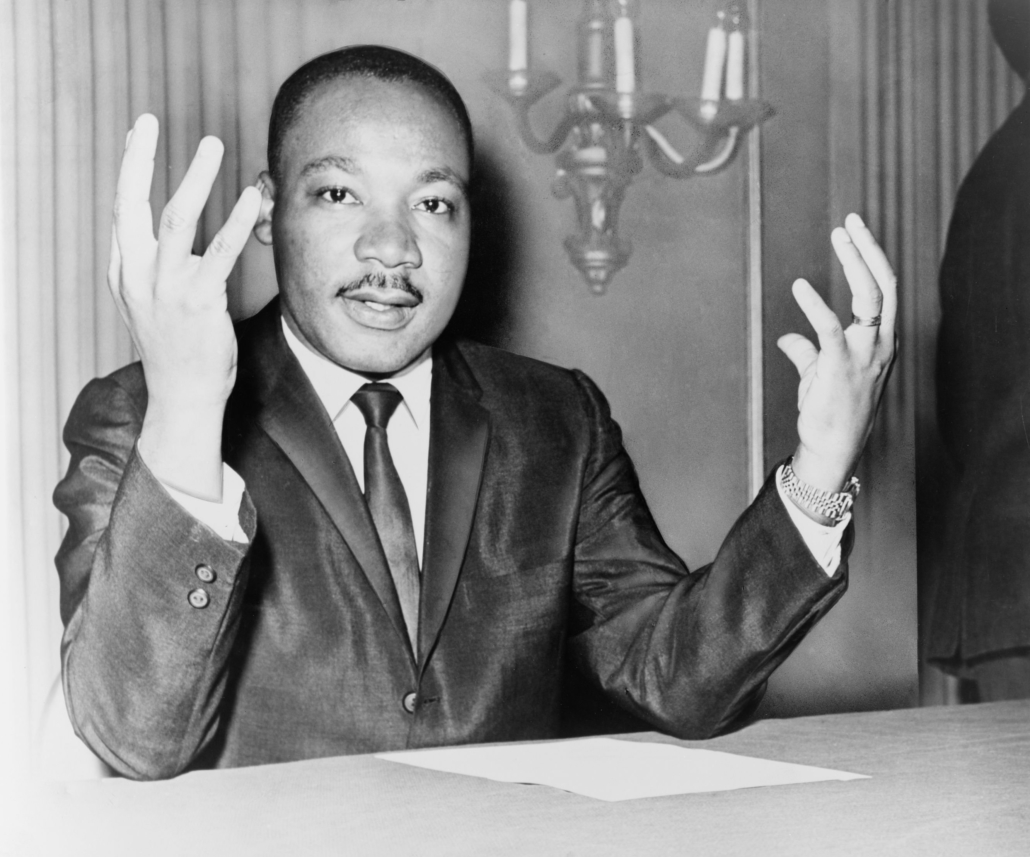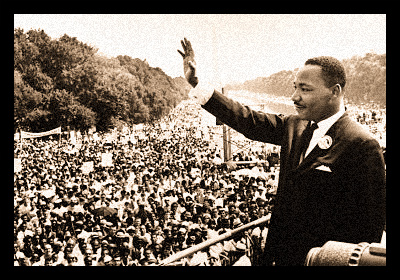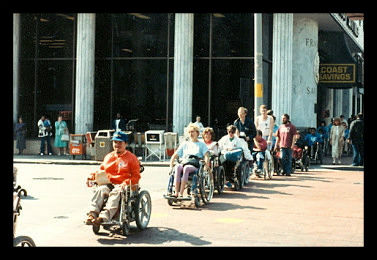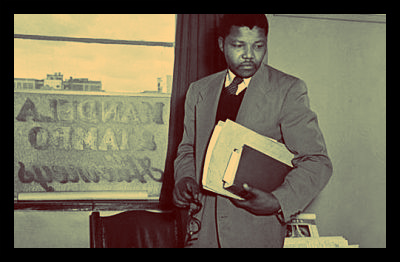 Few leaders of change have so successfully exemplified the concept of courage the way Martin Luther King Jr. was able to in his legacy as one of the United States’ most prominent civil rights activists. Keep reading to learn the top 10 Martin Luther King Jr. quotes on courage.
Few leaders of change have so successfully exemplified the concept of courage the way Martin Luther King Jr. was able to in his legacy as one of the United States’ most prominent civil rights activists. Keep reading to learn the top 10 Martin Luther King Jr. quotes on courage.
10 Martin Luther King Jr. Quotes on Courage
- “An individual has not started living until he can rise above the narrow confines of his individualistic concerns to the broader concerns of all humanity.” – From an interview with Dr. King
- “We must develop and maintain the capacity to forgive. He who is devoid of the power to forgive is devoid of the power to love … The degree to which we are able to forgive determines the degree to which we are able to love our enemies.” – From A Gift of Love, a collection of 16 select sermons delivered by Martin Luther King Jr.
- “If you can’t fly, then run. If you can’t run, then walk. If you can’t walk, then crawl; but whatever you do, you have to keep moving forward.” – In a speech at a college rally
- “Our lives begin to end the day we become silent about things that matter.” – From King’s famous, I Have A Dream speech
- “Injustice anywhere is a threat to justice everywhere.” – From a letter written in a Birmingham Jail, April 1963
- “Courage is an inner resolution to go forward despite obstacles. Cowardice is submissive surrender to circumstances. Courage breeds creativity; Cowardice represses fear and is mastered by it. Cowardice asks the question, is it safe? Expediency asks the question, is it politic? Vanity asks the question, is it popular? But conscience asks the question, is it right? And there comes a time when we must take a position that is neither safe, nor politic, nor popular, but one must take it because it is right.” – From Martin Luther King Jr.’s autobiography
- “A genuine leader is not a searcher for consensus but a molder of consensus.” – From “The Domestic Impact of War”, 1967
- “We must accept finite disappointment but never lose infinite hope.” – From a speech in February 1968
- “People fail to get along because they fear each other; they fear each other because they don’t know each other; they don’t know each other because they have not communicated with each other.” – From a speech given in October 1962
- “There comes a time when one must take a position that is neither safe, nor politic, nor popular, but he must take it because conscience tells him it is right.” From A Testament to Hope: The Essential Writings and Speeches
Courage is the first step to growth, especially when the growth occurs in spite of unjust circumstances. Remembering these top 10 Martin Luther King Jr. quotes on Courage quotes may be the perfect catalyst to push one forward on whichever path they choose.
– Fatemeh Zahra Yarali
Photo: Flickr



